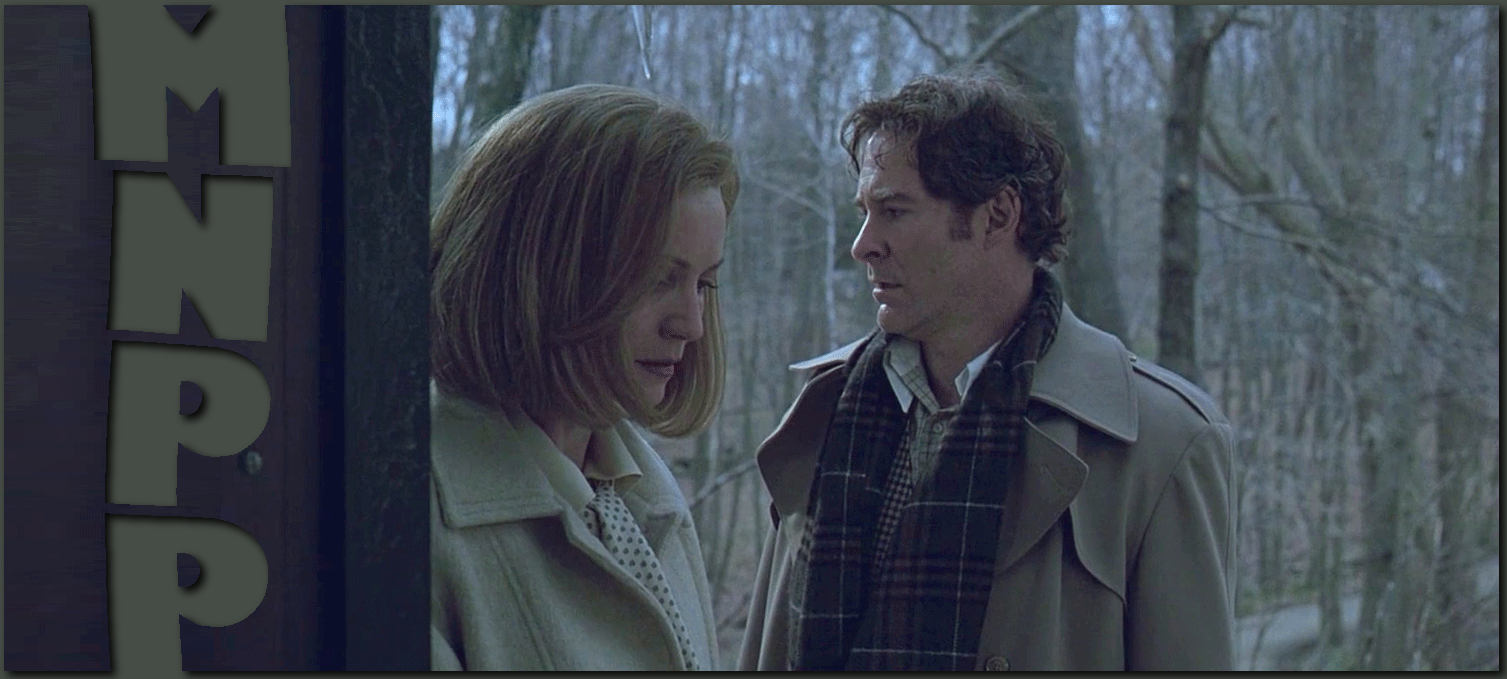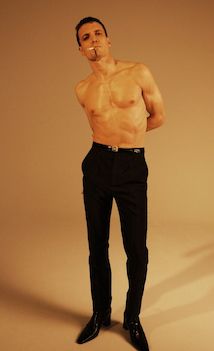.
Small towns are funny places. They all end up roughly the same shape, but the pieces they're stacked up with are individually different, like people building castles in three different climates - sand, mud, snow. Think of those unwieldy nightmare figures at the end of Clive Barker's "In the Hills, the Cities" - people piled on top of each other just dying to trip over and spill out their insides on the sidewalks. That's home.
Martin McDonagh's Three Billboards Outside Ebbing, Missouri puts the place right there in the title - Ebbing, Missouri. That's not a real place, by the way - unlike Bruges you won't find Ebbing on a real world map. It's a McDonagh dream place - he built it out of his own little piles of people, and made of it what he wanted, as it is any Creator's wont to do.
McDonagh's a sloppy god then, because Ebbing, as a place, never makes a lick of sense. Almost everything, from their boots to their bandanas, ring untrue. The nagging sensation that these are Actors playing Characters doing Actions strikes early, the minute McDormand's grieving mother Mildred buys up them billboards actually, piercing every turn of phrase with arch wink-wink of "shit piss or cunt" (as she so poetically lists what can and cannot be advertised).
My problem is not with the "shit piss or cunt" mind you. I love me a good "shit piss or cunt." McDonagh just never makes a good convincing case for these people to talk like this. It's like every character is Ralph Fiennes in In Bruges all of a sudden - there's delicious poetry to be wrung from filthy-mouthing but Three Billboards doesn't find it. The dialogue feels stuffed in people's mouths awkwardly, and the affectations - Ebbing is awash in affectations; drowning really - keep us at elbow's length.
And it's a sharp elbow. The reason I keep coming back to McDonagh, hoping he'll get it right again one of these times (it's all been a come-down sine In Bruges), is because of his insistence in heel-digging when it comes to his character's nastiness. Frances McDormand's a dream actress for him. Frances McDormand, bless her beautifully ornery soul - as Lucas Hedges says in Lady Bird, you can be both scary and warm! - is never gonna beg anybody to like her. You'll come to her, thank you very much. (And I will every time, Frances. Even here.)
Ebbing is steadfast in that devotion and that's often its sharpest tool, but McDonagh misjudges too much here - for one the Sam Rockwell character (a racist cop named Dixon, because of course the racist cop would be called Dixon) is a crap heap of overindulged actorishness, bee-bopping in that gee-whiz adorable way Rockwell does even as he makes funny about beating women and minorities, and listen. There are ways to make this character work. They involve using an actor who is like Frances McDormand and doesn't need to be liked. Sam Rockwell is not that actor.
And worse, McDonagh really wants us to like Dixon. The entire last act hinges on it. In one of McDonagh's more embarrassing attempts at "dynamic" camera-work (you often get the sense he's tremendously self-conscious about his play-writing background when making movies and is trying to prove something, with a capital Prove Something, with his shots) we literally See The World Through Dixon's Eyes Now. And oh, I cringed.
There is something to be said - a whole lot to be said! - for a writer creating their own reality. The characters on-screen don't have to align with the real world as long as we sense there's some sort of logic, some sort of backbone stiffening up the board, to what they do, how they behave. A point to their madness - a way reality funneled through this reinterpretation comments back upon us, as people, here. I went to Ebbing, I hung out there for two hours, but I'll be goddamned if I know shit piss or cunt about it after all that.
.








































No comments:
Post a Comment